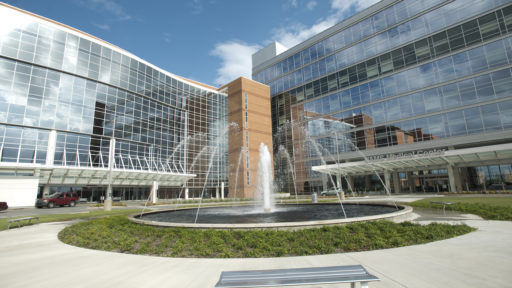Also called: TMD; Temporomandibular Disorder
TMJ is shorthand for the joint that connects your jaw to your skull. The full name is the temporomandibular (tem-puh-roe-man-DIB-u-lar) joint and there is one on each side of your skull.
TMJ disorders stem from a variety of behaviors and causes. Oftentimes, finding the cause is less important than providing relief.
TMJ disorders can cause severe pain, difficulty chewing and eating or locking of your jaw.
Symptoms
You might need to talk with your doctor about TMJ disorders if you are dealing with:
- Aching facial pain, especially pain coming from the back of your jaw
- Aching pain around your ear and jaw
- Locking of your jaw or difficulty opening your mouth
- Pain or difficulty chewing
- Pain or tenderness in your jaw
- Pain in one or both of your TM joints
- Popping sounds or clicking in your jaw
Causes
There are a number of causes for TMJ issues, but you may not be able to point out one exact cause for your issues. This joint is made up of the jaw bone, the skull and a small disk of cartilage that keeps things working without grinding.
Some common causes of TMJ disorders are:
- The disk between the jaw bone and the skull moves out of alignment.
- The joint’s cartilage is damaged due to arthritis.
- The joint is damaged by impact or inury.
Risks
You may be at risk for TMJ disorders if you suffer from one of the following:
- Arthritis, more commonly rheumatoid or osteoarthrits
- Connective tissue diseases
- Jaw injury
- Teeth grinding or clenching








